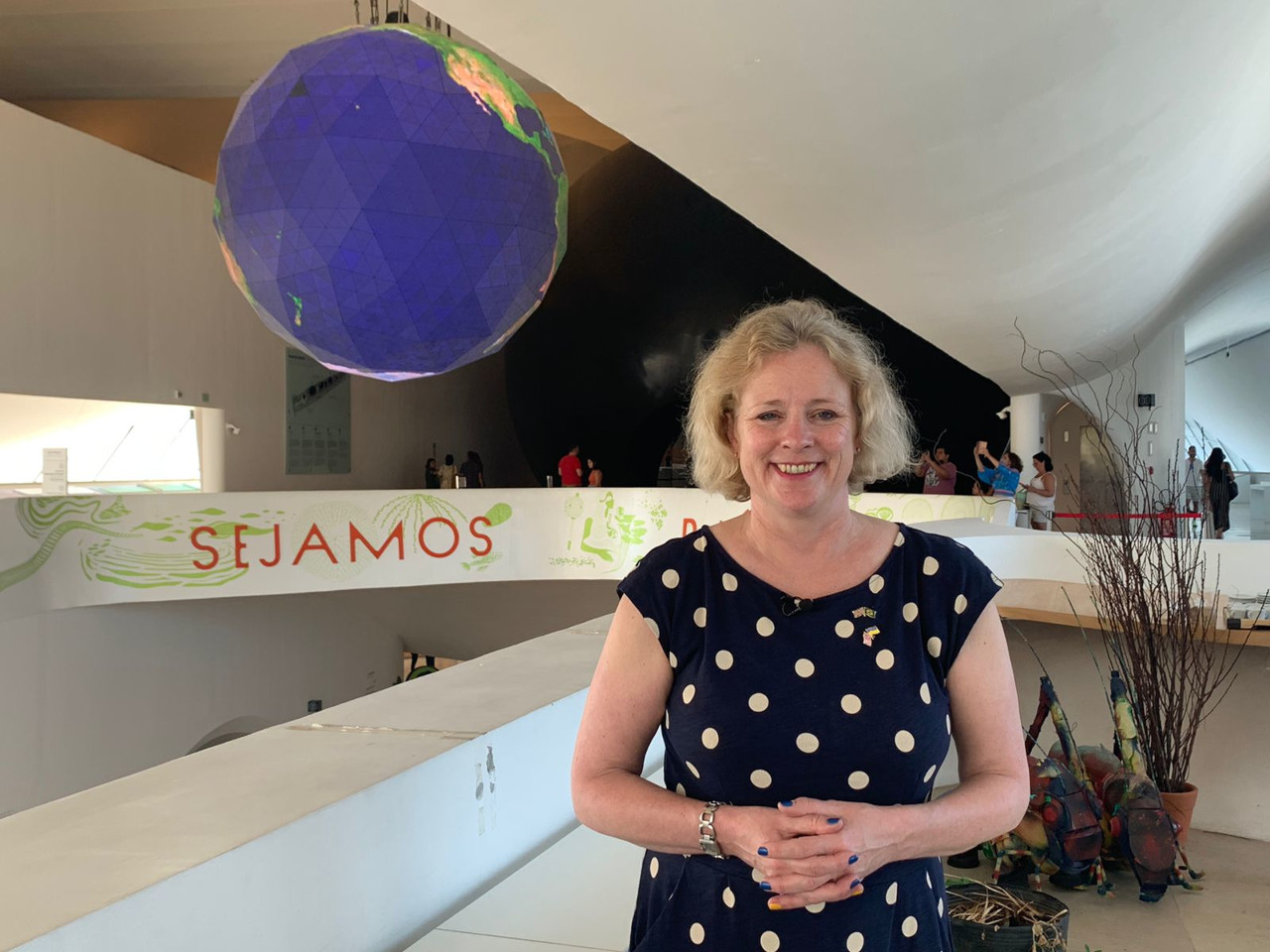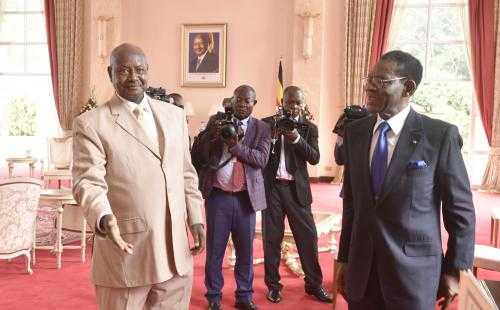Q&A: ‘We must put women at the forefront of our foreign policy’

Vicki Ford was sitting in a circle with the other women, listening intently. One by one the British Parliamentarian and current Minister for Africa, Latin America and the Caribbean asked the scholars present to introduce themselves and report on their careers as researchers. The meeting took place at the Museum of Tomorrow, in Rio de Janeiro, at a recent British Council event on women in science. Ford was there for an hour-long chat with Brazilian scientists, former international graduate students.
Interest in listening to women appeared in other moments of the conversation SciDev.Net . Network With Ford that day she covered topics related to gender equality, global education and scholarship.
One of her interests as a policy is to create International cooperation in the field of educationIn an effort to include more girls and young men in science. The task is daunting, even more so for women in the political arena. In the United Kingdom, according to data As of 2021 at the United Nations, just over 30 percent of women hold positions in parliament. In Latin America, only Argentina, Cuba, Nicaragua, Costa Rica, Mexico and Bolivia have access to more than 40 percent of women in legislatures.
On her personal journey, when she was studying mathematics and economics, Ford experienced firsthand what it means to be one of the only women in a class full of men. Additionally, she had to deal with gender issues when she served as Minister for Children and Family from 2020 to 2021.
In this interview, Ford spoke with SciDev.Net . Network On gender biases in society, and the obstacles she faces as an MP to advance science and technology agendas, as well as equal opportunities for women.
Latin America, the Caribbean, and Africa went through a massive and violent process of colonization, which has brought consequences to these regions to this day, such as severe social inequalities. What is your approach as a parliamentarian about these areas?
Our relationship with different countries depends to a large extent on partnership. We want to form strong alliances with countries that believe in democracy. We are speaking here weeks after the most brutal invasion of Ukraine, which already affected women and children hopelessly. We want strong alliances based on democracy, trade and investment, security and defense, and combating climate change, for example. And then, also on the issue of equality.
We believe we should put women at the forefront of our foreign policy because you cannot leave 50% of the world behind. To deliver all these things, you must have science and technology. But every country is different. We don’t think the UK is telling other countries what to do. Partnerships with countries depend on how we support them, particularly in these different areas.
For example, here in Brazil we have done a great deal of collaboration in developing the AstraZeneca and Oxford vaccine against Covid-19. This is how we think we should bring science and technology into our partnerships.
His position also covers the topic of global education. In STEM fields, many girls are not encouraged to pursue scientific careers from an early age. Can education alone break this gendered division of labor or is it necessary for other actors to participate in constructing a new view of women?
Investing in education is an essential part of our policy. One of the things we are passionate about in the UK is what we call upscaling, ie promoting equal opportunities for people to go up. We believe that the best way to help countries develop their economies is to invest in girls’ education.
We are talking about the need for 12 years of quality education for women. I was in a school in Uganda recently, which is a poor country, and they totally believe that girls should have equal opportunities. One of the girls I spoke to told me that she loves math and plans to do accounting. We have to break this prejudice that prevents girls from doing these things. They can and will often outperform their peers.
You have a degree in Mathematics and Economics, two fields primarily associated with men. Have you experienced any gender bias?
I studied mathematics in my first year at Trinity College Cambridge. I think there were 52 students in the class and four of us were women. After a year I decided I wanted to do something more practical than pure mathematics, so I turned to economics. I think there were 26 students and I was the only girl.
I got the feeling that people, at the time, didn’t believe girls were doing science. I remember when I was in school, when I was about 17, I won a prize in the Physics Olympiad. It was a silver medal and they gave me a book that said “To Mr. Victoria, I congratulate you on your achievement”. This took me away from physics. I stopped doing physics, continued math, obviously.
There was this unconscious bias that girls don’t really practice science. Now, I would say things are much better, but there is still a way to go. Half of those studying medicine in the UK are women. Many also turn to the life sciences but still lag far behind in mathematics, physics, engineering, and computer science.
In your career, you have been a member of the Parliamentary Committees for Science, Technology, Women and Equality. What challenges did you face in dealing with these two different agendas?
It was great to be on both committees. For a while I was the only woman on the science and technology committee, but then another woman joined me. We did some interesting work on climate change, some great work on artificial intelligence and bias within programming, and we also did a project on quantum technology.
We’ve heard from some great scientists, some of whom are women who are in leadership roles. I also focused, during that time, on how we could do more to encourage girls to pursue scientific studies.
If you look at the UK data, when girls get into science, especially engineering, they will end up earning more and they will be more employable. We have a big shortage of engineers in the country.
Then, at the Women and Equality Commission, we investigated the “me too” topic of harassment of women, and unfortunately, we discovered that in the country there are cases of young researchers feeling that they have been intimidated or harassed by peers in positions of influence. I think by shedding some light on this kind of problem, you can try to help correct it.
Involving more women in science and technology is of little use if institutions and governments do not commit to structural change. How do you view these institutional obstacles and what is necessary to overcome them as a parliamentarian to propose changes?
In addition to the UK data, it is also interesting to see a file Transfer What the British Council just did with UNESCO on some of the barriers to women in STEM fields in Latin America and the Caribbean
Here there is almost gender parity for women who do scientific research. But then, when you go and talk to brilliant scientists, they still say that there are a lot of obstacles to moving up the career ladder.
For example, when a woman is off maternity leave, she will not be able to continue the investigation. This is why women in many countries are looking for ways to ensure that maternity leave does not count against them when others evaluate the work they have done. Women are great, but they often encounter these hurdles or extra points in their careers that we need your help in getting through.

“Award-winning zombie scholar. Music practitioner. Food expert. Troublemaker.”







